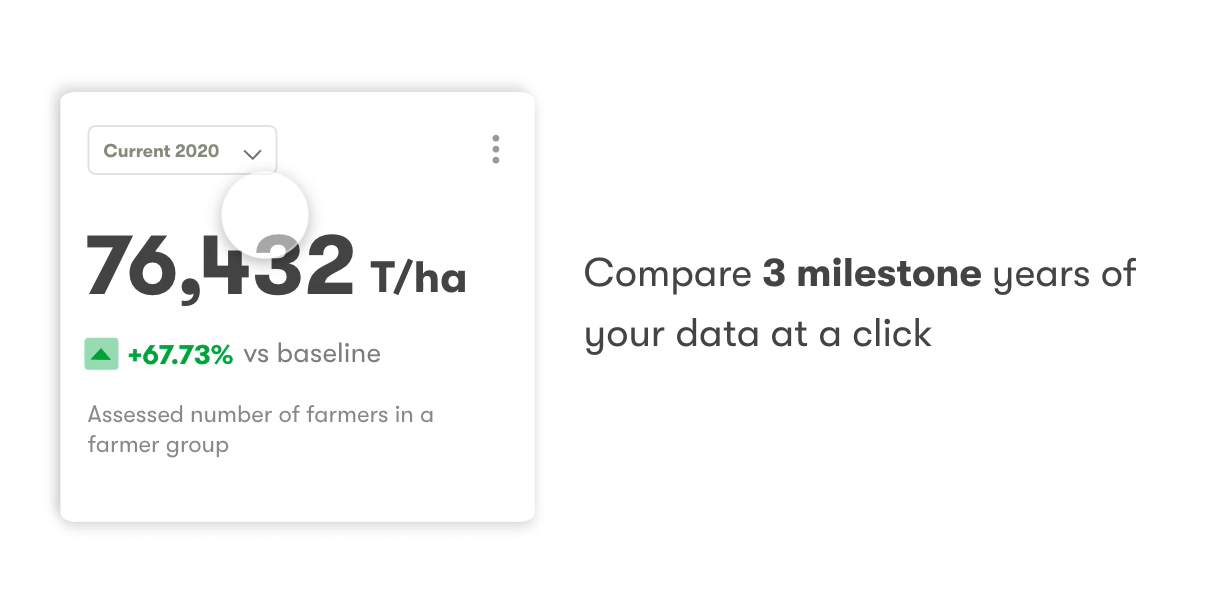COFFEE, BEES, AND AN APPETITE FOR MORE: SHIFT THE LENS FROM AMBITION TO ACTION?
It has been one year since ofi announced its public commitments for a more sustainable coffee future, with Coffee LENS (Livelihoods, Education, Nature at Scale).
In this time the industry has continued to battle COVID’s socio-economic fallout with many asking whether it will be one shock too many for smallholder coffee farmers. But, just in 2020, ofi supported over 90,000 coffee farmers all over the world with training, fertilizers, seedlings, as well as finding buyers for their coffee.
The price of coffee beans has actually doubled over the last year partly due to record freight costs and extreme weather events in Brazil. But that doesn’t make up for years of low prices and climate shocks. And with coffee trees taking up to five years to mature, farmers are left licking their wounds for several seasons. Meanwhile demand has stayed stable despite hospitality closures, with consumers recreating their favourite espresso or cold brew at home. But now they expect more.
Customers and consumers don’t just want to know about the origin of what they buy, but also that their coffee carries a positive story for the people and environment it came from.
These are compelling reasons for ofi for maintaining our focus on our 2025 goals. They are challenging us to do more and to do better. But how do we make the impact of what we were already doing more meaningful and real for the people, communities and landscapes behind our coffee?
Read here what we have learned and howAtSource fits in to the story.
